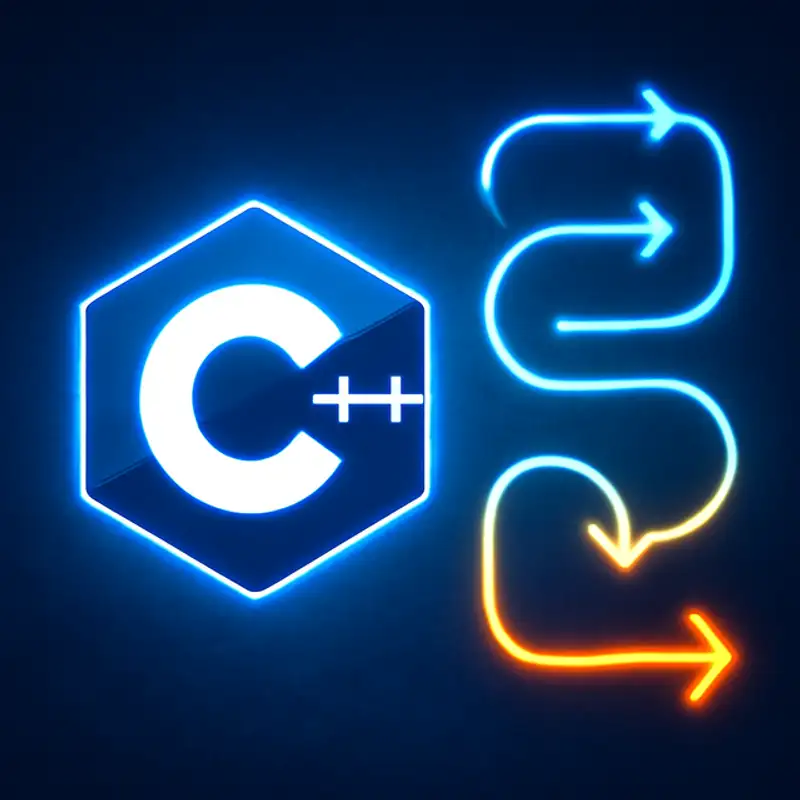 Episode
Episode
· 01:11
Welcome to C++ Digest. In Episode 481 of C++ Weekly, Jason Turner explores tail call elimination, an optimization that transforms a function call in “tail position” into a simple jump instruction. By detecting when the last action of a function is calling another function—or even itself recursively—the compiler can reuse the current stack frame instead of pushing a new one. As Jason points out, “A call performed in tail position can be elided under certain conditions,” which means deeply recursive algorithms no longer risk stack overflow. He demonstrates how a tail-recursive factorial can be optimized into a loop, achieving the same result with constant stack space. While C++ doesn’t mandate tail call elimination, popular compilers like GCC and Clang will apply it at high optimization levels. Unfortunately, MSVC still lags behind. If you’re writing recursive algorithms in performance-critical code, enabling -O2 or -O3 on GCC or Clang could unleash this powerful optimization. Stay curious, and keep coding!
Link to Article
Listen to jawbreaker.io using one of many popular podcasting apps or directories.